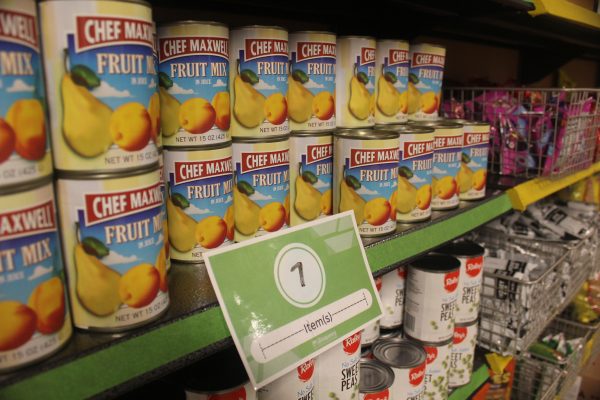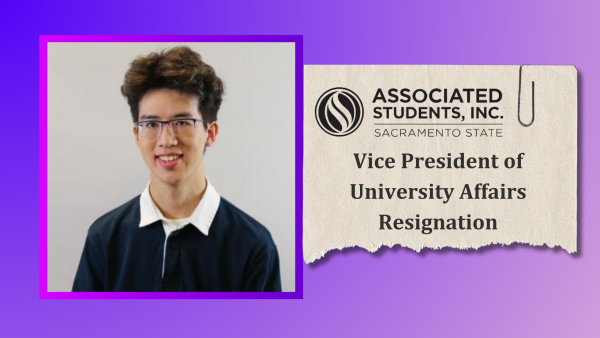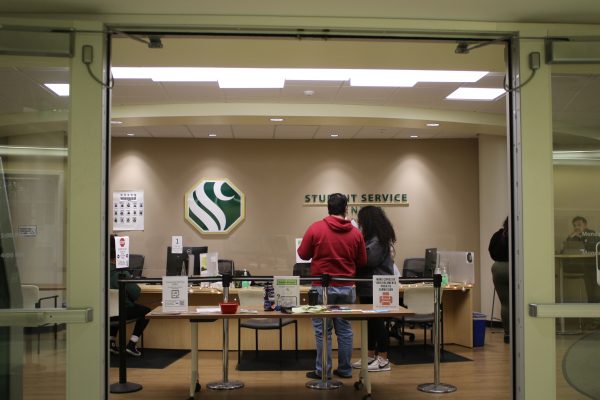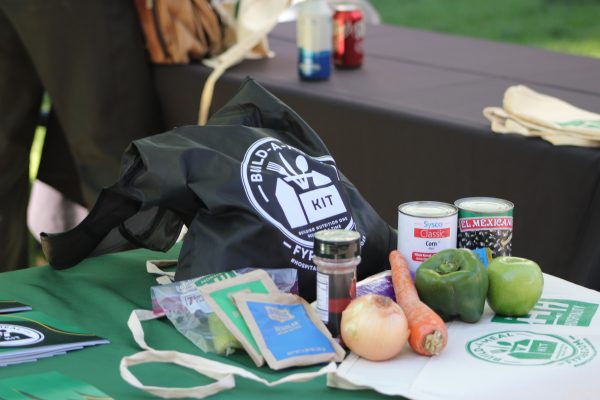CSU-wide ban on note-sharing web sites
February 22, 2012
Sacramento State students who use the note-sharing websites to buy or sell class notes are subject to disciplinary actions.
Note-sharing websites such as NoteUtopia.com and ShareNotes.com give students the option to buy or sell class notes. Selling notes on these websites earn students rewards such as gift cards, cash or checks. However, using note-sharing websites for monetary gain is considered a form of plagiarism, according to university policy.
According to the Sacramento State Academic Honesty Policy, plagiarism is simply using a concept or work not originally created by you and failing to acknowledge the person who provided the information.
Along with the definition of plagiarism, there is an entire educational code devoted to the restrictions of note-sharing sites.
California’s Education Code Section 66450-66452 is a 756-word document containing a list of restrictions and consequences for the misuse of note-sharing websites and how they can constitute plagiarism. The code provides the limitations of using the sites and penalties including fines, prosecution and dismissal from the university.
Karen Burleson, senior photography major, explains her dismay with the misuse of note-sharing websites.
“Frankly, I am very much against anyone who does not take the time to research their topics and form their own analysis,” Burleson said. “Is that not why we are in school? The world is full of fake intellects.”
Burleson said using note-sharing websites only harms students’ educational experience.
“Having a degree without the knowledge to back it up is plagiarism of a personal kind,” Burleson said.
Burleson also explains how note-sharing websites cause students to lose intellectual credibility after graduation.
“When those who enter the post-graduation workforce and have to put up or shut up, what notes will they refer to then? Grow up and do the work yourself,” Burleson said.
Sac State psychology professor Michael Duveneck said he believes plagiarism can be psychologically damaging.
“It is unhealthy to plagiarize.” Duveneck said. “Of course, everybody makes mistakes. You can look up from your test and see someone’s answer on a Scantron.”
Duveneck conducted an anonymous survey in two of his classes with a sample size of 152 students. He asked his students if they had ever cheated, including the misuse of note-sharing websites, plagiarizing, buying term papers or cheating on exams.
Duveneck’s results found that 70 students responded with a “no” to cheating. On the other hand, 82 students out of 152 said they have cheated in one or more ways.
Although this survey was intended to be answered with a “yes” or “no” response, there were some students who wrote their opinions as well.
“Yes, I have cheated on a quiz,” one student wrote on the survey.
“No, although I have let someone use my papers. Maybe that is cheating?” Another student responded.
“Yes, in Spanish I used notecards and put them under the test,” a student admitted.
Some students also expressed their disapproval toward cheating. “No, I have not cheated. That is vile,” one student responded.
“No, I have better morals than that,” a student noted.
Duveneck continued on by explaining how plagiarism can have lasting consequences.
“A regular or chronic level of cheating becomes pathological. It can start small, but if you become adapt to that unethical behavior it can undermine everything you do in life,” Duveneck said.
Jessika Robertson can be reached at [email protected]








































































































































